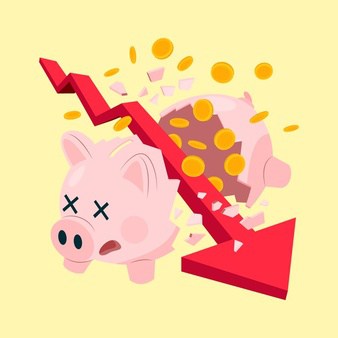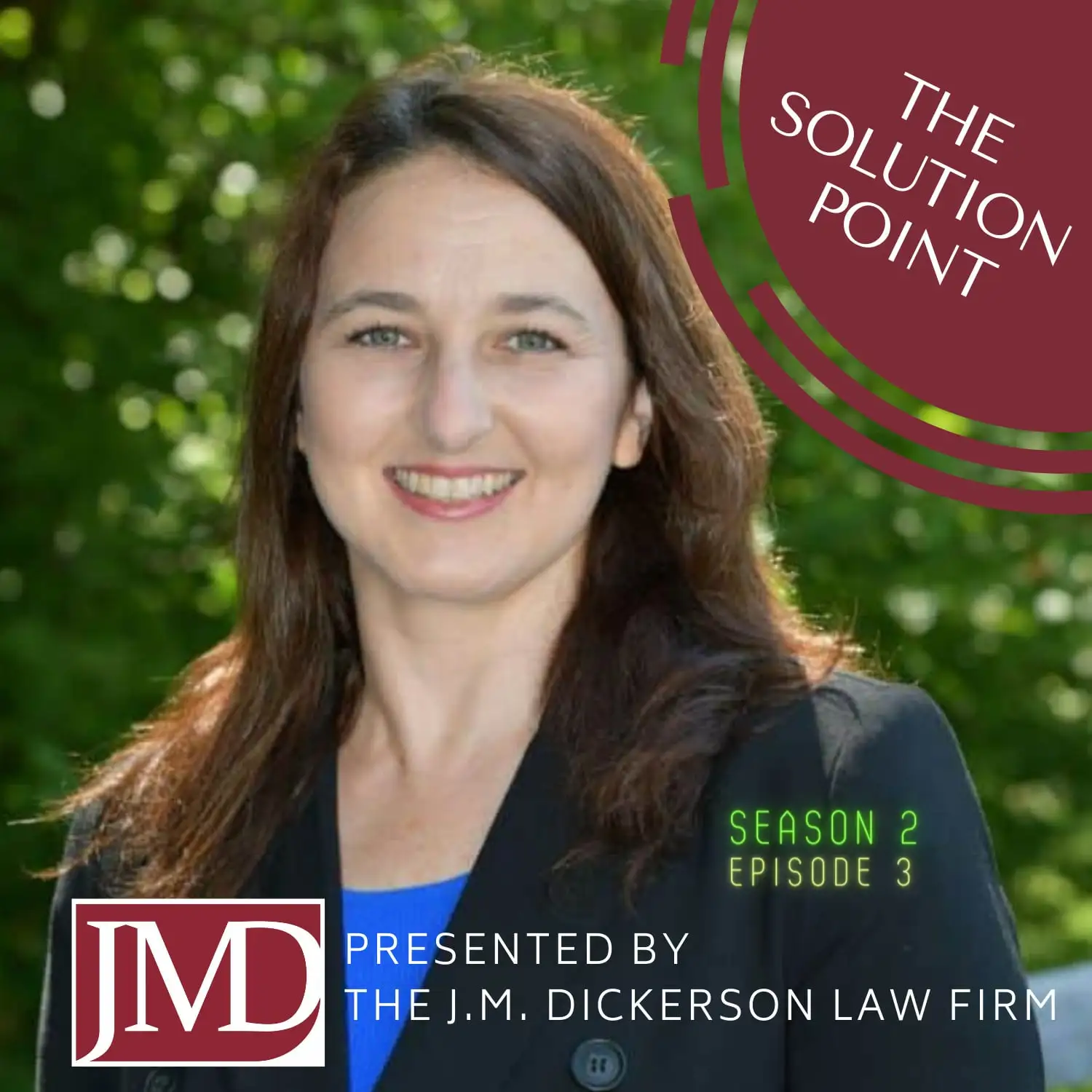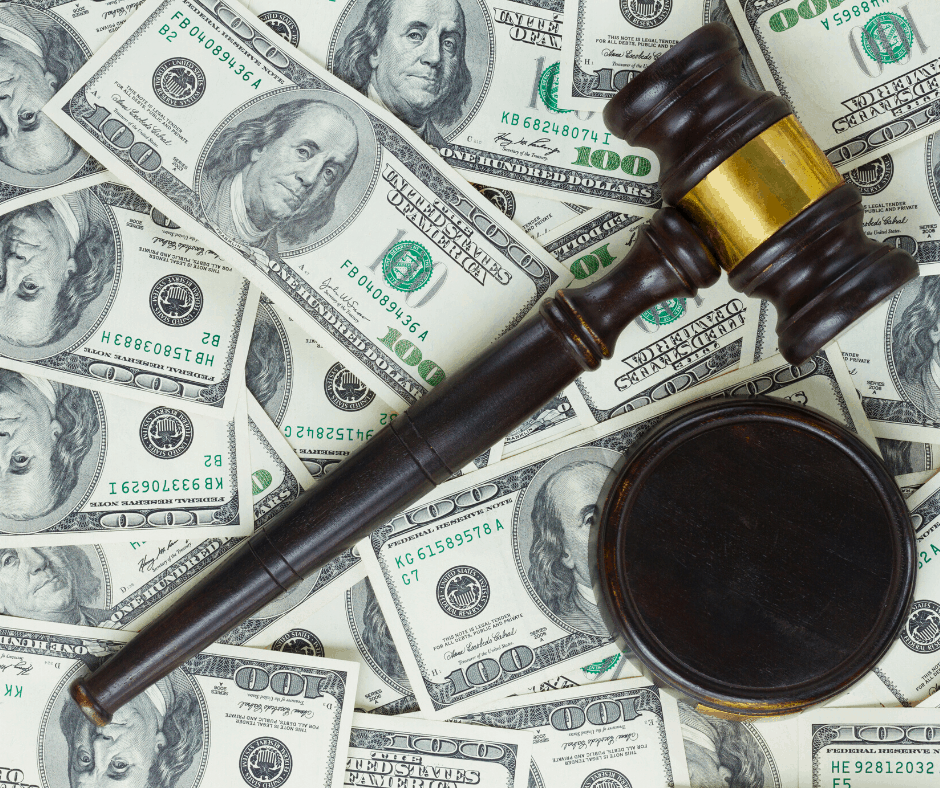Bankruptcy is a legal proceeding where an insolvent debtor who cannot pay his creditor gets a fresh start. Personal bankruptcy law allows an individual to be declared bankrupt and declaring bankruptcy is a matter of right given by the federal law. If you decide to file for bankruptcy, the bankruptcy case will be handled by the federal courts. If you already filed bankruptcy, you get bankruptcy protection from creditor harassment. Creditors are immediately stopped from collecting debts from you until your debts are sorted out according to the law.
What Bankruptcy Does
Filing bankruptcy enables you to:
- Wipeout or discharge the legal obligation to pay most, if not all your debts such as medical bills, credit card debt, payday loan debt, and collection accounts.
- Prevent the foreclosure of your house or mobile home and gives you the chance to make up on missed payments. However, in cases of mortgages and liens on your property without payment, bankruptcy does not automatically eliminate them.
- Stop the repossession of your car or other properties and demand the return of the property if they have been repossessed.
- Stop wage garnishment or harassment from debt collection and other actions of collecting debt by the creditors.
- Restore or prevent termination of utility service.
- Challenge the claims of creditors who have committed bankruptcy fraud or if they try to collect more than what you owe.
What Bankruptcy does not do
 However, there are bankruptcy exemptions and if you declare bankruptcy, it is not a guaranteed way to entirely obtain debt relief and be free of your financial problems. In bankruptcy, it does not allow you to:
However, there are bankruptcy exemptions and if you declare bankruptcy, it is not a guaranteed way to entirely obtain debt relief and be free of your financial problems. In bankruptcy, it does not allow you to:
- Remove specific rights of “secured” creditors. A secured creditor has taken a mortgage or other lien on the property as collateral for the loan. Car loans and home mortgages are some examples of a secured creditor’s rights. Secured creditors can be forced to take payments over time in the bankruptcy process and your obligation to pay more money if your property is taken can be eliminated.
- Discharge types of debts singled out by the bankruptcy law for special treatment, such as child support, alimony, certain other debts related to divorce, student loans, court restitution orders, criminal fines, and some taxes.
- Protect co-signers on your debts.
- Discharge debts that arise after bankruptcy have been filed.
What is a Chapter 7 Bankruptcy?
There are different types of bankruptcy, but Chapter 7 is one of the most common kinds. Chapter 7 is also known as straight bankruptcy or liquidation. A bankruptcy petition of this kind will enable a bankruptcy trustee to liquidate and sell off most of your assets. However, it excludes exempt property deemed by law as protected properties and the proceeds of the sale will then be used to pay off the creditors.
Bankruptcy Chapter 7 Requirements
To be eligible to file this type of bankruptcy, the debtor of his place of business must first be in New Jersey for at least 6 months though that requirement can be shortened to 3 months depending on the circumstances. Note – debtors moving to New Jersey within the past two years can be required to apply for exemptions from their previous state.
In addition to the residency requirement, credit counseling will also be required. As such, the course must be from providers approved for bankruptcy cases. Upon the completion of the course, a certificate will then be given, and it is valid for 6 months. Afterward, bankruptcy forms must be filled out and the filing fee must be paid. The forms can be long and confusing. Therefore, consulting with a bankruptcy lawyer in New Jersey is recommended for those who are uncertain of their details.
Aside from credit counseling, individuals or married couples applying for a Chapter 7 must be qualified financially. Upon collecting the bankruptcy documents required, the debtor must take a means test. The means test will determine if their income is within the New Jersey median. If their income is below the median, they can continue the filing of Chapter 7. If it is above, they may not be eligible for Chapter 7 but they can file for Chapter 13 Bankruptcy, a reorganization type of bankruptcy that makes a payment plan based on the debtor’s income.
Talking to a Bankruptcy Attorney
Individual can file bankruptcy cases without bankruptcy attorneys but doing so comes with its own risk. The laws change over time, and the bankruptcy process can be very tricky and complicated. If you are considering bankruptcy, but unsure it is the best choice, Lucid Law will help with your debt problems. Our bankruptcy lawyers are experienced in bankruptcy-related matters and we will tailor the best advice for your specific needs. Call us now for a free legal consultation!



